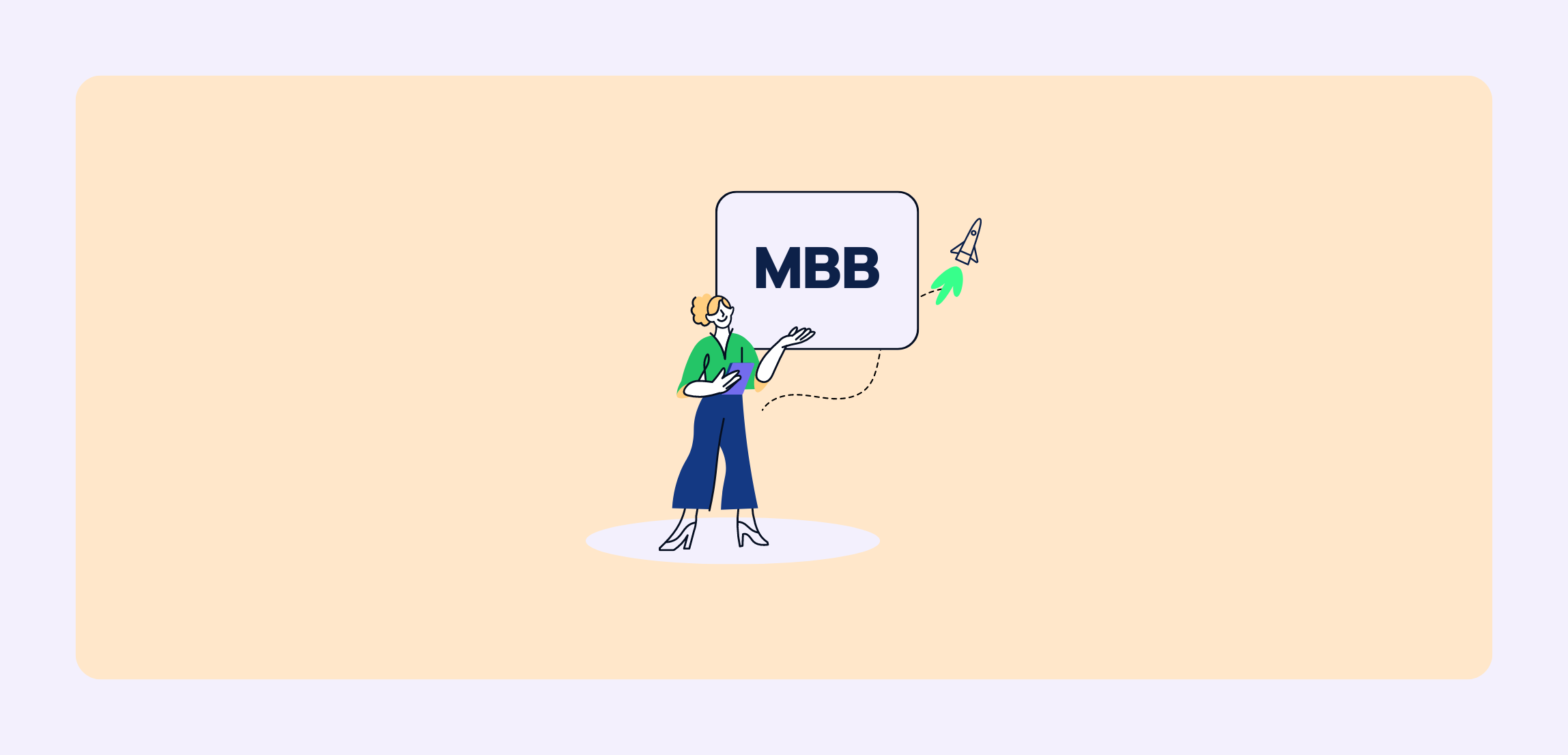The world of strategic consulting, particularly within the triad of McKinsey & Company, Boston Consulting Group, and Bain & Company (collectively known as MBB), has always been shrouded in a certain mystique. The rigorous and competitive hiring processes of these firms are notorious. Understanding these processes from the company's perspective can give candidates a distinct advantage.
In this article, we will unveil the curtain to show you the internal keys of MBB recruiting processes.









